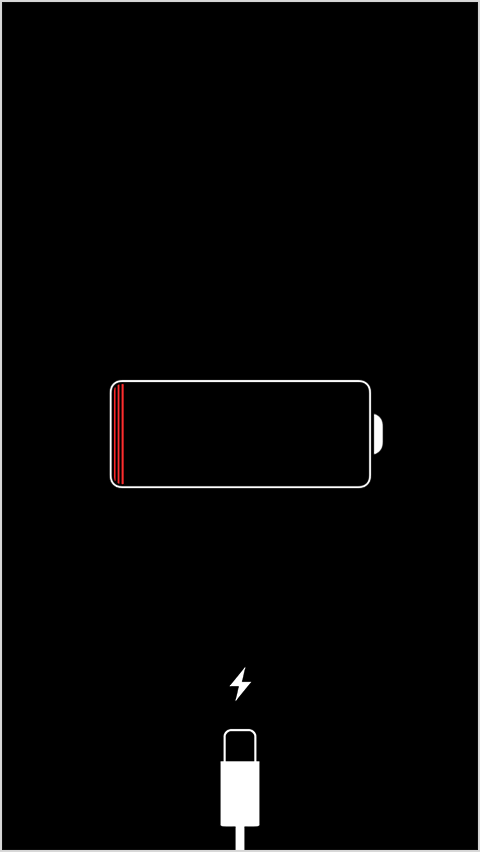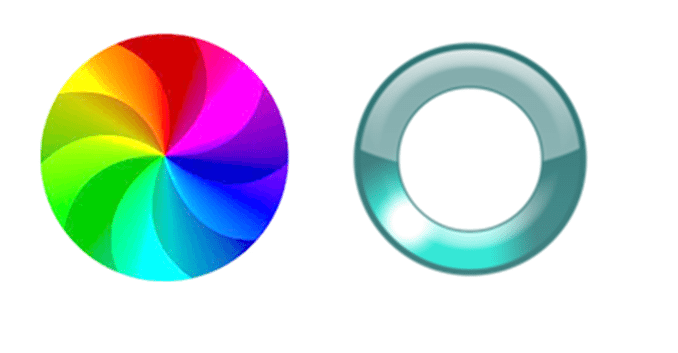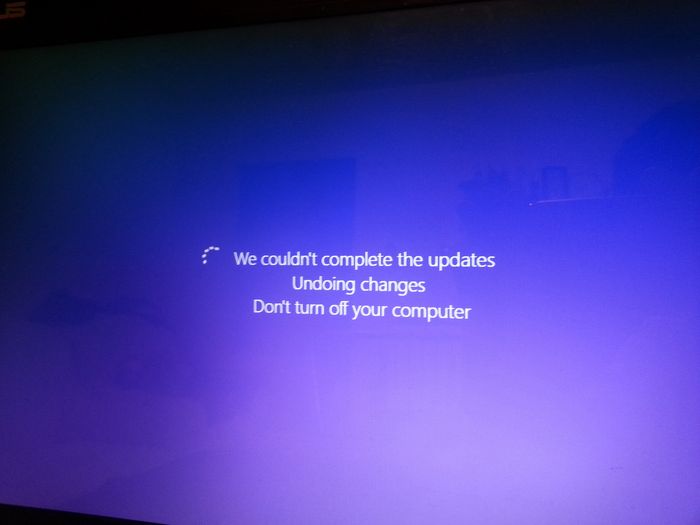
We think we’ve come a long way with technology, but we haven’t really. Sure we can now ping a message between a router in Hong Kong and London at the rate of 0.239 seconds speed; we can wear a watch that not only tells the time but takes photos, keeps our diary and tells us to stand up every two hours; we can store 1,000s of photos and keep a lifetime of memories on a drive that costs less than $100; we can travel around the world and back as easily as our forefathers travelled the next nearest town; and so on. But it’s nothing yet.
I realised this as I stood forlornly at Heathrow security this morning (my usual hangout area) and watched as the security guards forensically analysed the bags of many weary passengers. My first thought was how archaic a system we live in that cannot work out you’re not a terrorist. A system that requires every passenger to strip all metal items into bins, and take out their laptops and drinking water to ensure it won’t explode.
My second thought was even clearer, as the security guard came to search my bag and dragged out charger after charger, for my many battery operated gadgets. Then there were the USB Cables (about 10) to support the charging of the gadgets from the chargers. Then there were the electricity cables for the laptops I carry (one big and one small). As I looked at all these wires and cables, I’m thinking: why are we still so reliant on such old technologies.
I want to live in a world where technology is self-charging via solar panels through the air. A world where you never see this …

or this …

or this …

In fact, it fascinates me to think of where all this is going.
In a talk last year, Larry Page of Google touched on this and said that we ain’t seen nuthin’ yet.
His example was the Google deep learning project that had so far educated a computer to recognise a cat just from analysing YouTube videos. Larry talks about how Google's Deep Mind project “ran machine learning on YouTube and it discovered cats, just by itself. Now, that's an important concept. And we realized there's really something here. If we can learn what cats are, that must be really important.”
Hmmm … and then you realize what Deep Mind sees as a cat.

It’s impressive, but not so impressive.
It’s impressive that we can land a space craft on an Asteroid, half a century after landing on the Moon, but we still haven’t reached Mars yet. I’m not deriding our successes so far but, when you look at the world forecast back in the 1960s, it was Star Trek and The Jetsons. Fifty years later, we don’t have space packs and still stack ourselves into tiny tins with hundreds of other steaming bodies to get to and from work.
So, when we look at this networked revolution; this digital transformation; this connected world; we can pat ourselves on the back for pushing the boundaries so far … and then wonder what will happen when we have pushed them to their conclusion.
Chris M Skinner
Chris Skinner is best known as an independent commentator on the financial markets through his blog, TheFinanser.com, as author of the bestselling book Digital Bank, and Chair of the European networking forum the Financial Services Club. He has been voted one of the most influential people in banking by The Financial Brand (as well as one of the best blogs), a FinTech Titan (Next Bank), one of the Fintech Leaders you need to follow (City AM, Deluxe and Jax Finance), as well as one of the Top 40 most influential people in financial technology by the Wall Street Journal's Financial News. To learn more click here...

